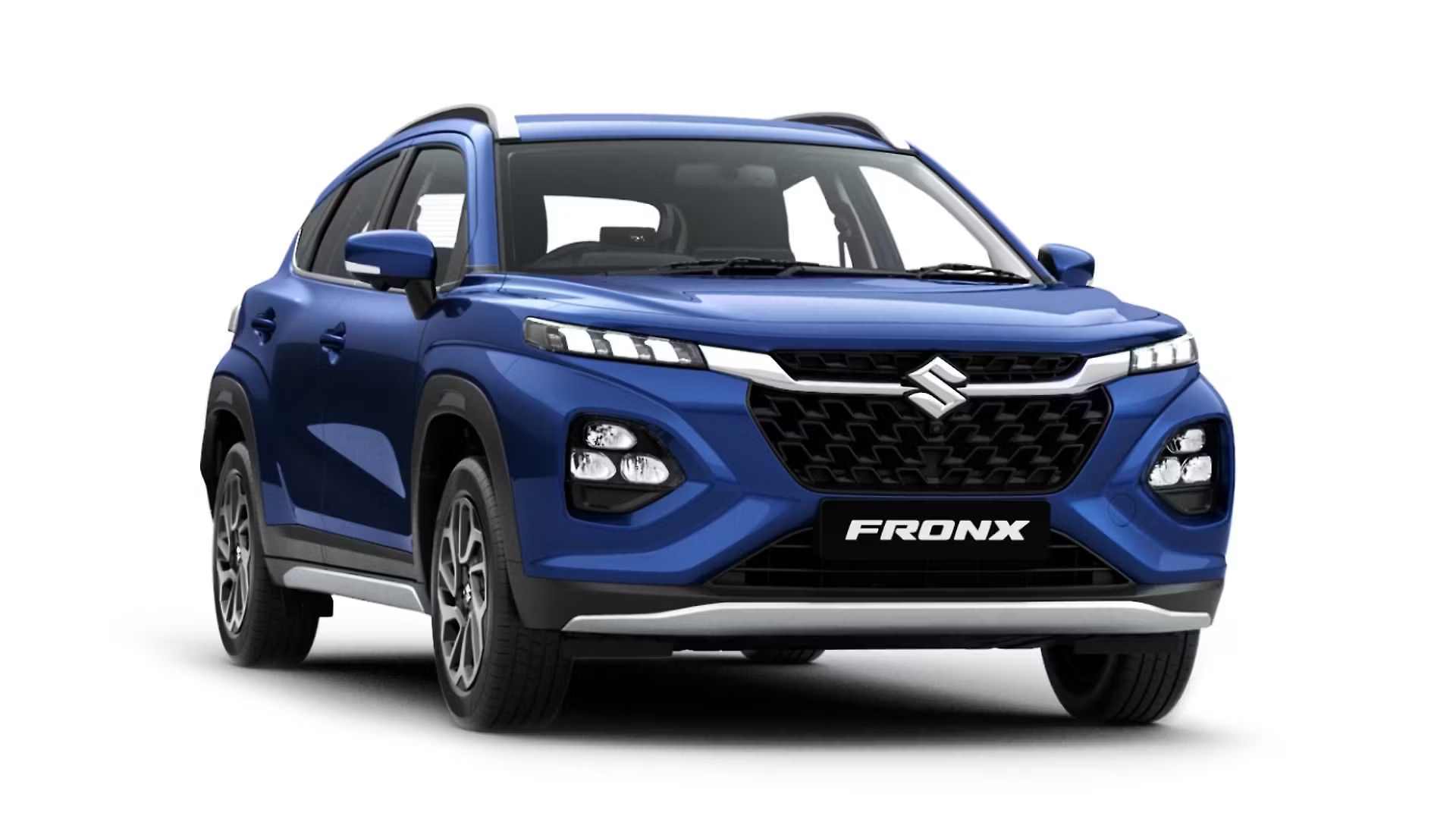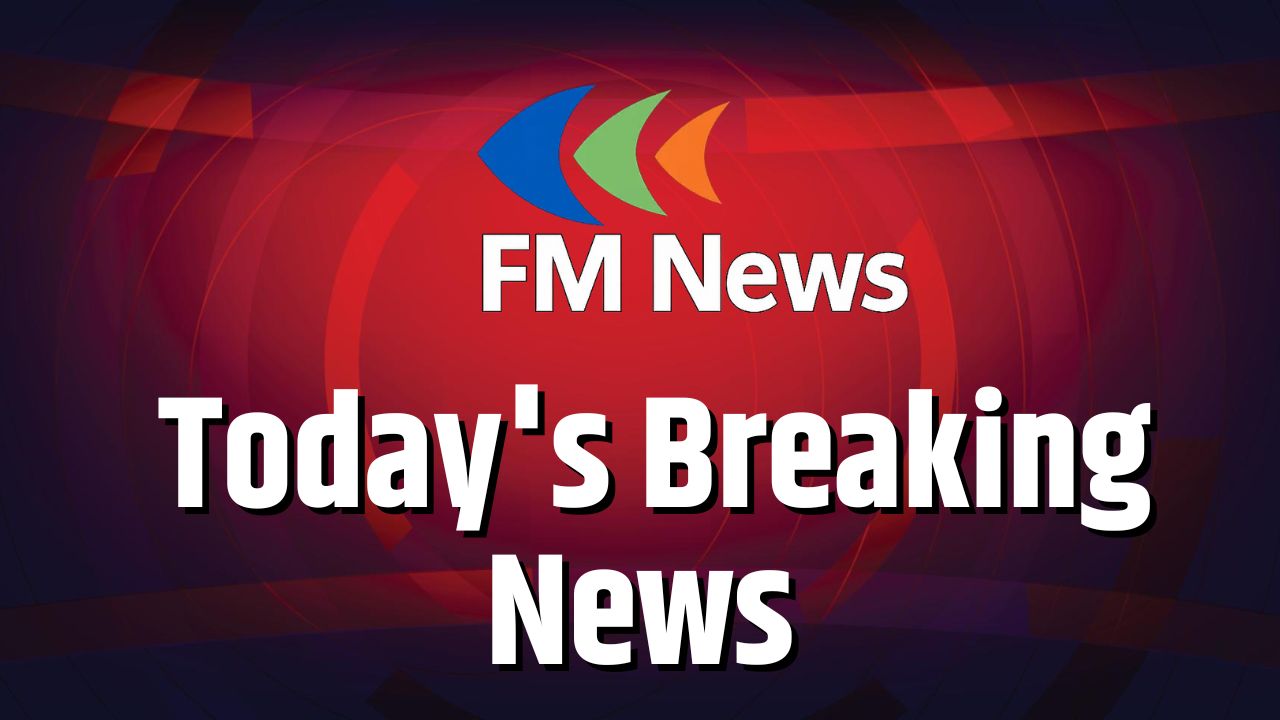ITR Filing Date 2025: What to Do If You Miss the ITR Due Date?

Fulfilling the income tax return filing can seem like one of those tasks you can always put off each year—something you may not understand is that missing the ITR due date can have a ripple effect of consequences, some of which might take years to resolve.
As we inch towards July 31, 2025, the last date of submission of your Income Tax Return (ITR) for FY 2024–25 (AY 2025–26), it wouldn’t hurt to spend a few minutes knowing why you must care so much about this date, what precisely happens if you miss it, and how to avoid the hassle altogether.

Why You Should Care About the ITR Deadline?
Be honest: tax season really isn’t a roller coaster ride. With rounding up papers, crunching numbers, and navigating the government portal, it’s easy to put it off—especially if you’re certain you owe no tax or have nothing “substantial” to report.
But know this: submitting your ITR is not a formality, and the price of missing the deadline is not whimsy of inconvenience. Not only does it affect your pocketbook, but also your eligibility for future tax benefits, refunds, and even a blemish-free financial history.
—
What If You Do Not Meet the July 31 Deadline?
You Will Have to Pay a Late Filing Penalty (Section 234F)
Let us start with the most obvious blow: money out of your pocket. If you file your return in the period July 31 to December 31, you will attract a penalty under Section 234F.
* If your total income is more than ₹5 lakh, the penalty is ₹5,000.
* If it is less than ₹5 lakh, you will be charged a penalty of ₹1,000.
This penalty is charged even when you owe no tax or owe a refund. In short, the government wants your info on time—penalty or penalty.
You’ll Be Charged Interest on Any Tax Due (Section 234A)
If you owe the entire amount of your taxes and are past due in filing the return, you’ll be charged 1% interest per month (or fraction of a month) on the tax you owe, starting August 1 and running to the date of filing.
For example, suppose you have ₹10,000 of tax due and are 3 months overdue. You can be made to pay an additional ₹300 as interest charges in addition to the late payment fee. It quickly mounts up.
You Can’t Carry Forward Losses
This is the one that catches you unaware: if you have made a loss of capital or loss in business during the financial year, and do not file your return in time, you forfeit the right to set off that loss against future profits.
It is the tax consequence that you might end up owing even more tax in later years, just because you did not file one return in a timely way.
You Will Have to Wait Longer for Your Refund
If you have made excess TDS payment or paid advance tax and are eligible for a refund, late filing means this: your money won’t come back so soon**. Even in extreme situations, it may take months. That is your money, sleeping with the taxmen.
In Extreme Situations, You Might be Prosecuted**
That is extreme, but if you have hefty taxes to pay and fail to file your ITR despite being notified, the income tax department can prosecute. This is in the event of serious default, but the law also prescribes jail for 3 months to 7 years in the same case.
Can I File After the Due Date?
Yes, you can file a late return on the income tax portal—typically by December 31 of the year of assessment, in this case, December 31, 2025.
But:
* You will have to pay the late fee and interest.
* You will not be able to carry forward losses.
* Your return can be investigated more easily.
It is a last resort, not a choice.
Why It’s Better to File Early (Even if You Hate It)?
Early. Filing ITR is not just about avoiding. penalties—there are real benefits:
- Early refunds if you’re eligible.
- More time to fix mistakes—if something is wrong, you have opportunity to get it right without stress.
- Peace of mind at. no charge—you won’t have the deadline hanging over you.
- More space for portal crashes and technical faults that all too frequently arise near the last date.
Advice for Smooth. and On-Time Filing
- Note it in your calendar: Remember for early July every year.
- Collect your papers: Form 16, bank statements, proof of investments, etc.
- Utilize the income tax e-filing portal ([https://www.incometax.gov.in](https://www.incometax.gov.in)) or a nice filing app.
- For complicated cases (for example, foreign income, multiple property), consider getting a CA or tax consultant on board.
- Check for pre-filled data on the portal-but always cross-check before filing.
In this ever-more-digital and globalized economy, filing your ITR on time is more important than ever. It’s not just so that you don’t get fined—it’s so that you’re responsible, a good finance record holder, and make your hard-earned money work for you.
So don’t let procrastination or doubt cost you more in the long run. Filing your tax return on time is a smart, simple habit that pays rewards in so many ways.
Start early. File wisely. Breathe easily.




